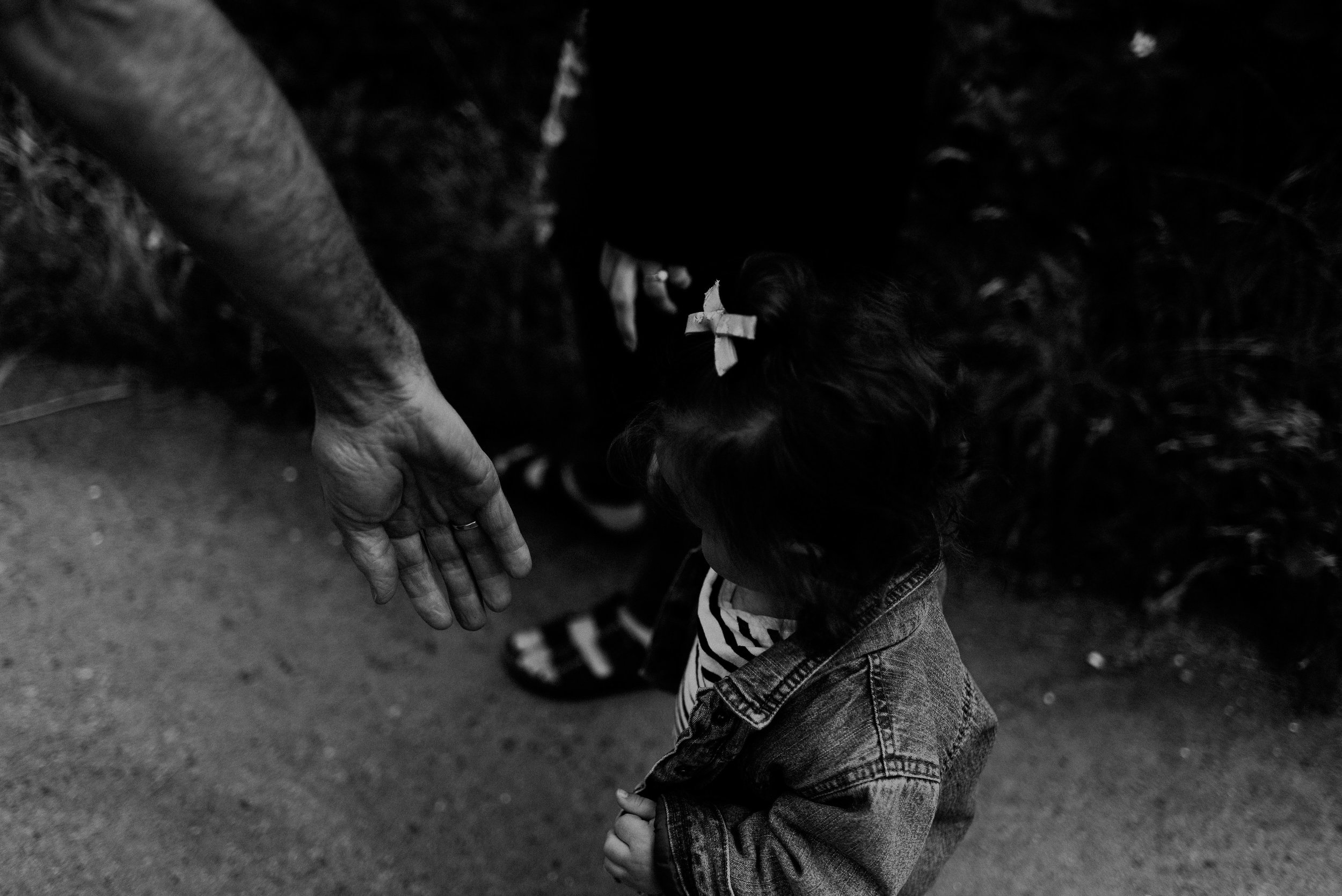;
Images by Brooke Richardson Photography
Suicide. What a heavy topic. Heavy but utterly N E C E S S A R Y to discuss.
This is becoming increasingly so, as we lose more and more beautiful souls to this tragic end.
A note about suicide, depression, and mental health in general: mental health is non-discriminatory and its prey comes from all walks of life. Just because you’re of a certain socioeconomic status, or have a specific number of friends, does not mean one is immune.
And it’s important to recognize and remember the role mental illness plays. It is said how selfish it is to take one’s life, considering the wake of devastation it leaves for the survivors. I can understand how some may feel like this - having someone take their own life is deeply heartbreaking - but think how desperate and hopeless that person must have felt to be driven to such an action?
I’m sure most - if not all - of us have been touched by suicide at some point in our lives, some of us multiple times, via a relative/friend/acquaintance/idol/etc. Hearing the news of an occurrence has a way of robbing your breath and halting you in your tracks. You immediately contemplate warning signs and contributing factors. You wonder how it could have been prevented and (depending on your relation to the victim) if there’s something you could have done.
That last part can be particularly brutal, depending on your closeness to the victim, literally/figuratively. Often, no matter how close you were, your mind feasts on what ifs. "What if I had reached out more often?” “What if I had been more patient?” “What if I had been more observant?” “What if I had been more generous with my time?” “What if I had been more empathetic/understanding?” And on and on and ON. Down the rabbit hole you go. Gnarly stuff.
I remember one person whose suicide I really took personally was of a guy who had expressed interest in dating me. He was unbelievably sweet and such a great guy, but there was no interest on my part, unfortunately. I did my best to break this as gently as possible, and then limited my contact with him so as not to lead him on. I was unable to emotionally provide what he wanted: a romantic relationship. The feelings just weren’t there for me.
As is common with tragedy, my memory blocked the details, but I vaguely recall suddenly thinking of him, whether through a dream or just a passing thought. It turns out, at the time he was crossing my mind, he was also taking his life.
I was shattered. I was wrecked with such a profound sense of guilt for not being there for him. Did I truly handle it the best way possible? Did my actions drive his loneliness over the edge, to the point he saw no use in living? Should I have been there more for him? What could I have done to prevent it? How selfish and awful am I?!!
Eventually I realized there are multiple contributing factors. Carrying that entire burden and regarding myself as the sole cause of his suicide was, in reality, self-absorbed. I was not the center of his universe, and I alone did not cause the outcome. Who knows what effect our interactions had on him, but I had to accept I did the best I could under the circumstances.
That sense of guilt and pressure lingered far after that event. Whether it was a friend, a boyfriend, or someone I was trying to help (especially if that someone wanted to leave the friend zone) it was considerably hard for me to draw those boundary lines (specifically if I knew they weren’t in the best headspace). Even if I effectively did set the boundaries, it resulted in countless nightmares and sleepless nights, with me worrying about them and stressing over their wellbeing.
I’m not sharing this to evoke a pity response. Not even. I tell my story to: 1) demonstrate suicide’s ripple effect; 2) relate to those of you with similar situations; 3) alleviate the burden you may place on yourself; and 4) raise awareness and provoke conversations on this crucial topic.
Some of you may relate to the yearning to help “heal” people. This is a beautiful intention and calling, but boundaries are essential. As I discussed in my 09.15.2018 post on boundaries, they are essential for true compassion (watch for an upcoming post on empathy).
“Be kind, for you know not of the battles people face.”
All we can do is our best. Our best to be kind to one another, to be considerate of each other, and to be there for one another. We must do our best to watch for red flags, and to regularly check in with loved ones. We all deal with our own daily thoughts/ideas/responsibilities whirling around in our heads, so this is a reminder for us all to step outside of our mental/emotional bubbles and stay keyed in to those around us: friends/relatives/acquaintances…even strangers. Just letting someone know you care is significant. A simple smile to a stranger can have a profound effect. Just acknowledging to people that you S E E them can make all the difference.
“Please, tell me.
I cannot help you fight the enemy
If you do not tell me about the enemy,
The enemy that is trying to kill you.
Do not trust your suicidal thoughts.
They are not rational.
They are a symptom, a sign, a cry from inside.
Something inside you needs healing.
Healing, not killing.”
Read full version of Letter from a Therapist to a Suicidal Person at:
http://www.speakingofsuicide.com/2014/05/01/letter/
RESOURCES
24/7 suicide hotline
Text GO to 741741 to speak with a trained crisis counselor
Call 1-800-273-8255 (National Suicide Prevention Lifeline)
Also online chat option
Veterans Crisis Line
Call 1-800-273-8255 (same number)
Also online chat option
Text 838255




